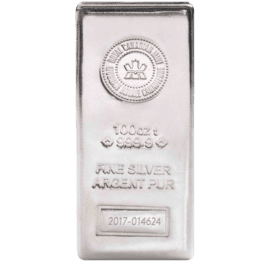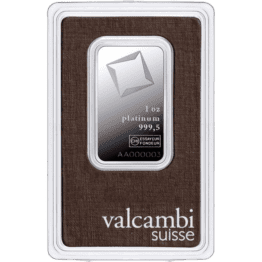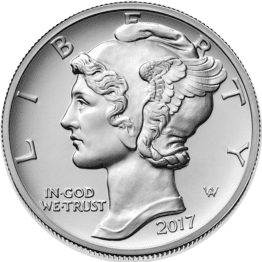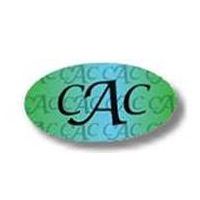February 25, 2013 | By Laura Gray | BBC News

This month the Canadian mint stopped distributing the penny, or one-cent piece, as it costs more to make than it is worth. It’s far from being the lowest-value coin around, however. Some central banks are clinging on to coins that are truly “small change”.
There are many precedents for scrapping small coins. The US abolished the half-cent in 1857 and the UK’s halfpenny was withdrawn in 1984. New Zealand and Australia abandoned the one-cent and two-cent coin in the 1990s.
Now some campaigners in the US and UK want the penny to be scrapped, because nothing can be bought with a one-cent or one-penny coin.
“The point of currency is to facilitate cash transactions. It used to be that a penny could serve that purpose because it was worth something but that’s no longer the case” says Jeff Gore, president of Citizens to Retire the US Penny.Handling them wastes time at tills, he argues – between two and two-and-a-half seconds per cash transaction, according to one study.
Imagine, then, the possible delays if someone in Tanzania insisted in paying for shopping with a pocket-full – or more likely a bag-full – of five-cent coins. One UK penny is equal to 494 of these, while a US cent is equal to 325.
But there are coins, still legal tender, that have even lower value.
Take the Burmese Pya – the UK penny is worth 1,300 of them (the US cent is worth 850).
The lowest-value coin of all is the Tiyin from Uzbekistan. Some 3,038 equate to one UK penny (and 2,000 tot up to one US cent).
In practice, however, while these coins are legal tender, you would struggle to find them in everyday life.
“In Tanzania it’s unlikely to find the five-cent coin in circulation because it literally cannot buy anything. The smallest you would probably find in the streets is 20 cents and you can buy a bunch of spinach in the local market for this,” says Emanuel Boaz from the Tanzanian Central Bank.









